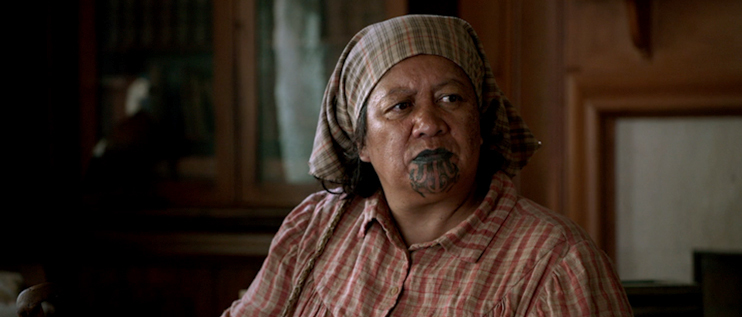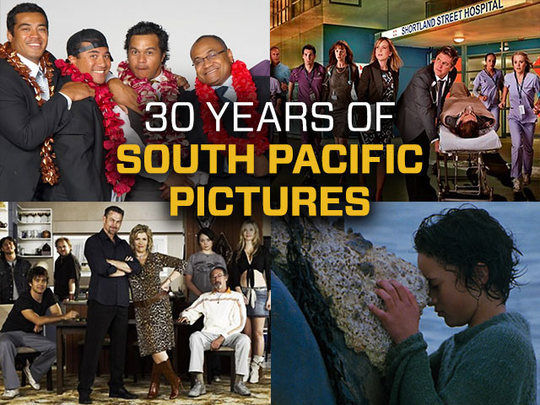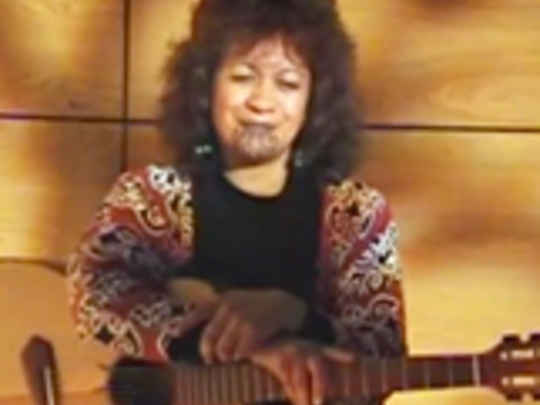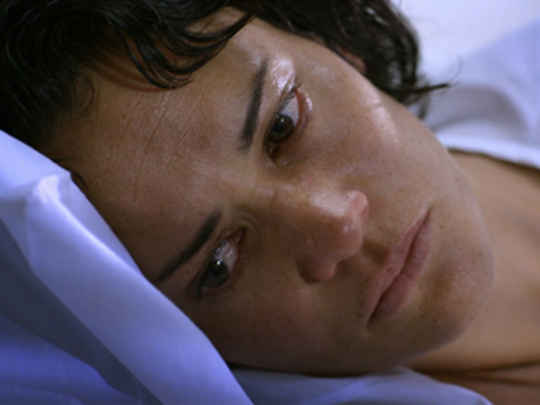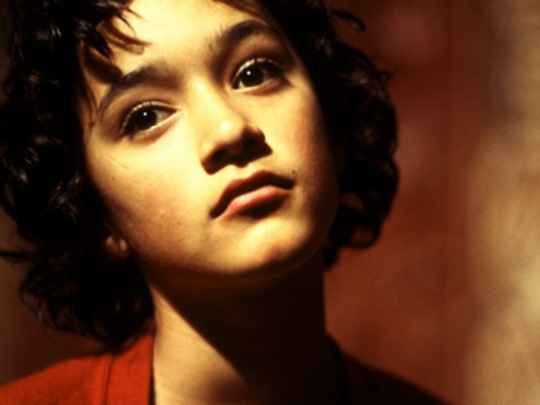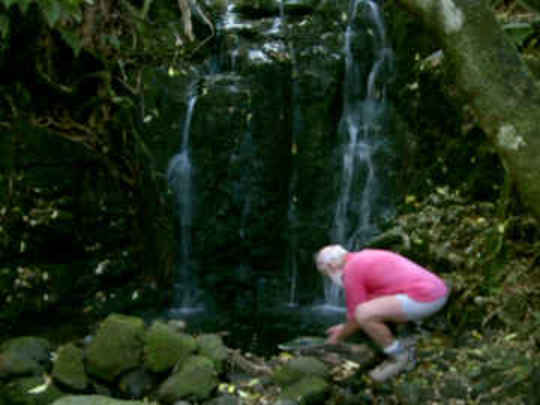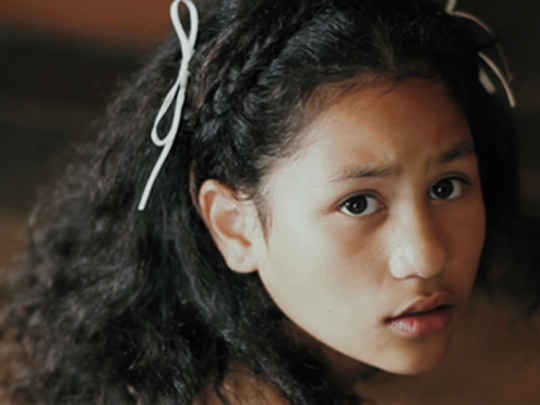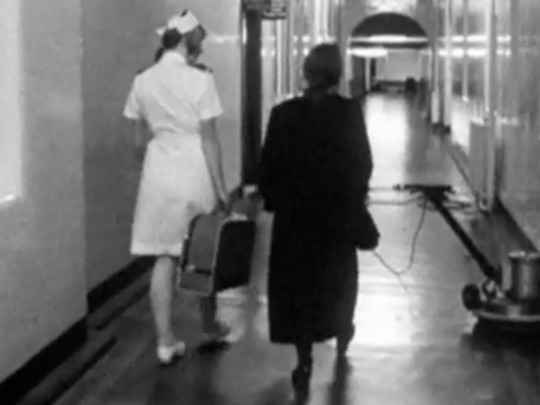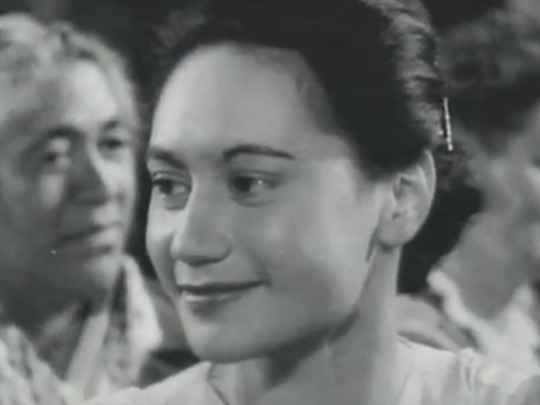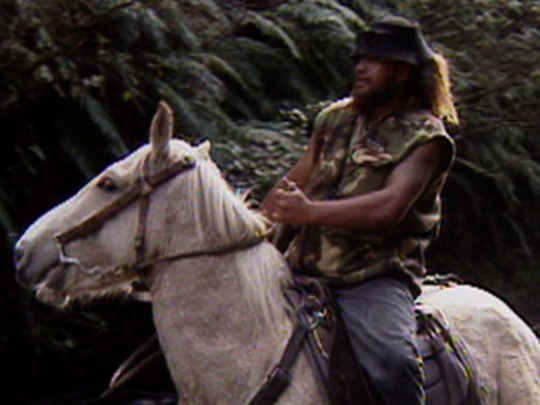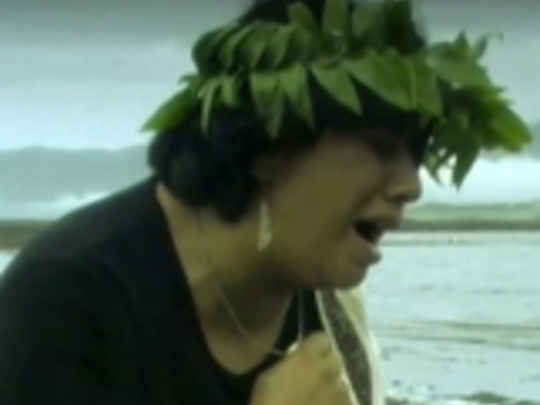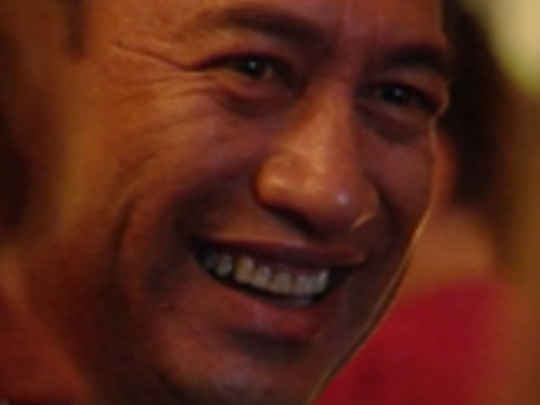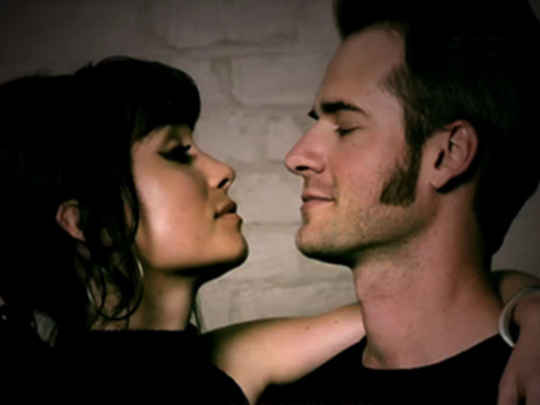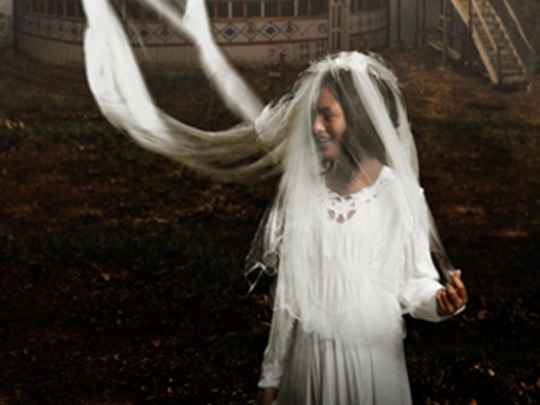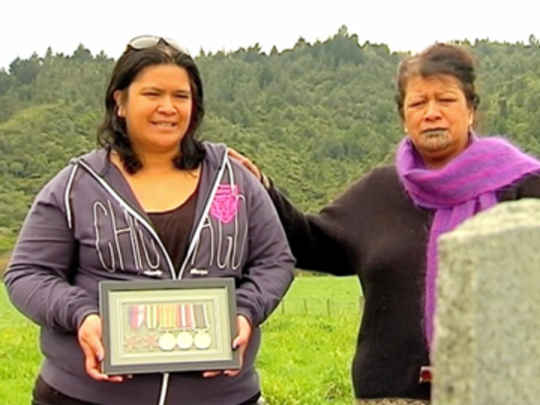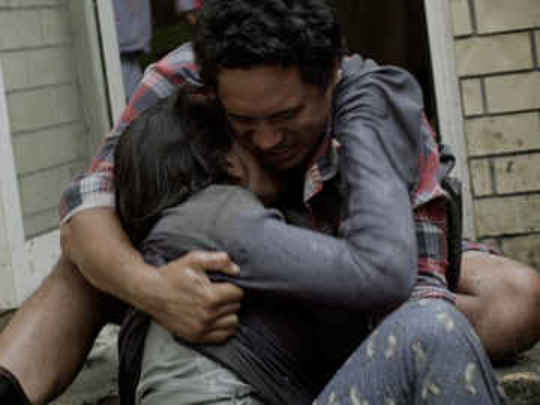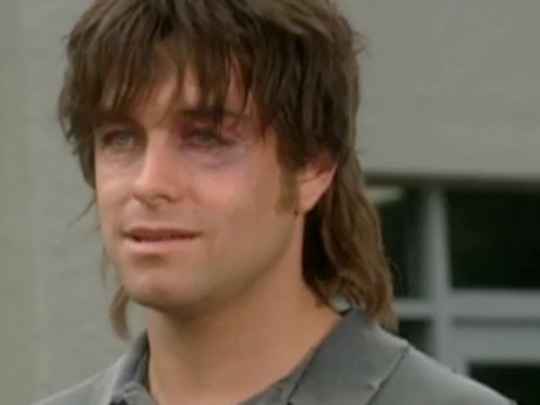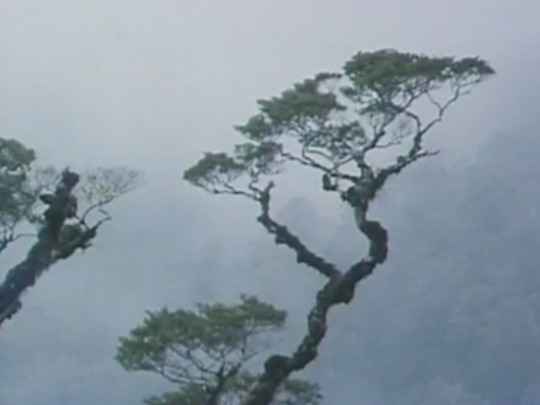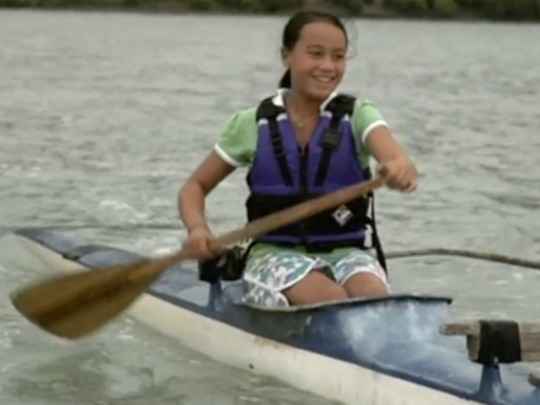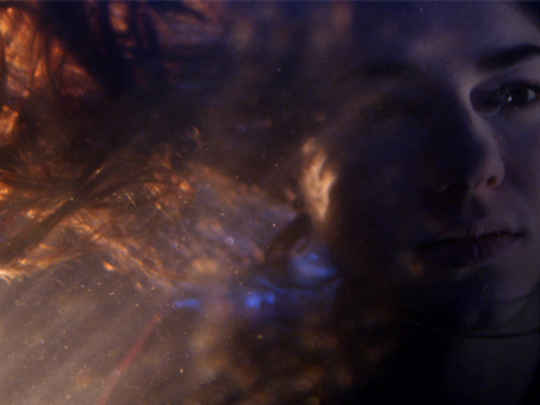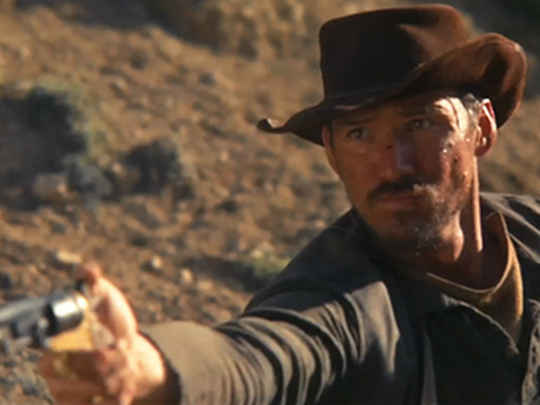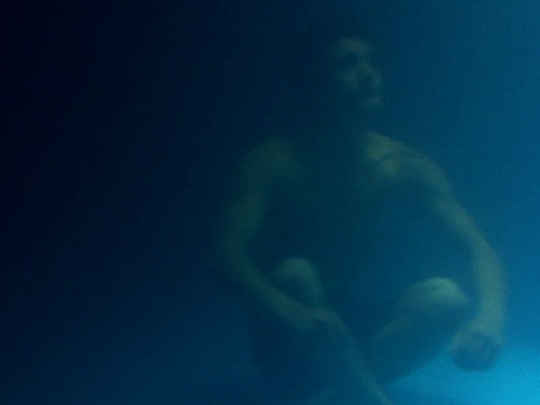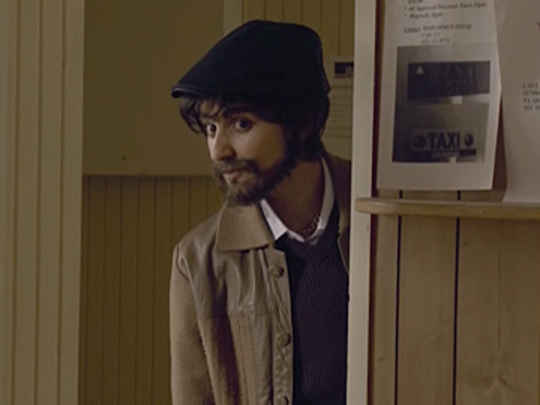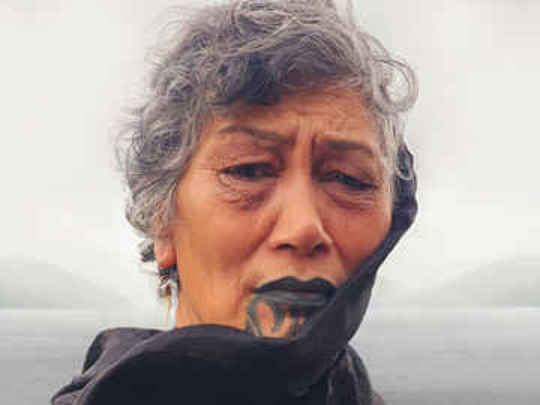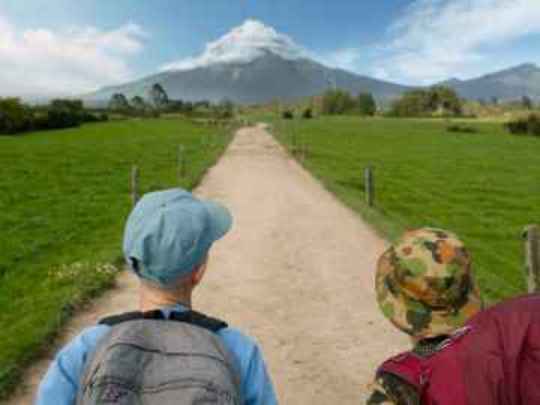At the time, I didn’t even know anything at all about New Zealand. I was taken by the film in a very, very profound way, and I thought, ‘if I could choose where I want to live and where I want my daughter to grow up, I would choose that place’.
– Director Dana Rotberg, on deciding to move to New Zealand the morning after seeing Whale Rider
It takes weighty matters of colonial history and cultural identity and wraps them up in a cracker yarn about life and death, dark and light, deceit and discovery.
– Reviewer Peter Calder in The NZ Herald, 22 June 2013
I can hold people when I'm there in the song. I just needed to go to the same place . . . But to be honest, most of my work in White Lies is adrenaline. The sheer fear of getting it wrong and the determination to honour it. So there was a basket of tricks I was taught two weeks before — I had two or three weeks' acting training.
– Whirimako Black on the links between singing and acting, The NZ Herald, June 2013
. . .John Barnett gave me a book as a present, by the same author as Whale Rider, and in the book I found the story Medicine Woman. I felt an immediate connection because I recognised a lot of Mexican territory in there. It had references to traditional medicine, a reality that all Mexicans live with, and on the other hand it addresses the conflict of identity, which is something we as Mexicans navigate constantly.
– Writer/director Dana Rotberg in The New York Times, 6 December 2013
The tense emotional relationships that develop amongst these three women are gripping enough, but there are late twists that take the story to a different dimension.
– Huffington Post contributor David Wallechinsky, while discussing possibilities for the Foreign Language category at the Academy Awards, Huffington Post, 26 February 2014
Quiet, graceful, stately and infused with slow tension, Dana Rotberg’s White Lies unfolds with inexorable weight . . .Ms. Black, a New Zealand recording artist making her film debut, and Ms. House, both actresses of formidable presence, are well-matched opponents. Ms. Prebble, too, has reserves of power. White Lies has a Māori title, Tuakiri Huna (meaning "hidden identity"), that gets at the heart of its revelations. But it’s the movie’s delineations of oppression — cultural, sexual and familial — that will haunt you.
– New York Times reviewer Andy Webster, 3 March 2016
Little by little I got to know the people and they got to know me . . .I believe that if I weren’t Mexican, I wouldn’t have had the same welcome and openheartedness that I got from the people. Because the process of colonisation at the end of the day is the same all over the world, regardless of what historical moment in which it takes place. It operates in the same manner, and leaves the same wounds . . . They had lots of questions about the Mexican experience and we had some very long conversations . . . I went so slow, always under the consultation of the elders, everything was always checked with the old women, who gave me a lot of feedback, because there are rituals and sacred knowledge which are not shared.
– Writer/director Dana Rotberg on visiting the Tūhoe people, The New York Times, 6 December 2013
Just imagine, a Mexican making a film in Māori! It really is the strangest thing, isn’t it? It’s almost a bloody miracle.
– Writer/director Dana Rotberg in The New York Times, 6 December 2013
The womb of a woman is the universe.
– Paraiti (Wharimako Black) to a mother to be
I know how hard it is not having parents. But you have to know that your ancestors are with you.
– Paraiti (Wharimako Black) comforts a fellow orphan
Meriann [White] teaches at the Ruatāhuna School so it was easy to arrange for children from the school to audition for parts in the movie (about 20 locals act in it) and she says the process was good for the children, too; confidence building and insightful for kids from an isolated Māori community. For two weeks the small community opened its hearts, houses and marae to the film crew, about 70 of them, and it seems to have been a mutually happy, respectful and exciting learning experience for locals and visitors.
– NZ Herald on Sunday article on the making of White Lies in Tūhoe country, June 2013
Maraea (Rachel House) approaches Paraiti (Wharimako Black)
– May I trouble you? it is a matter of life and death.
I became haunted by her [the medicine woman]. That was to me a clear sign that the story told by Witi Ihimaera was speaking to me from places other than where the original work had come from. Places that belong to my intimate family history and my most unresolved conflicts as a person in the world.
– White Lies director Dana Rotberg on reading Witi Ihimaera's novella Medicine Woman
